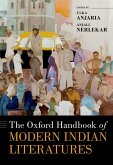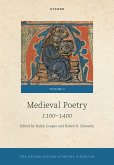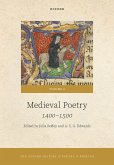Why did the novel take such a long time to emerge in the colonial world? And, what cultural work did it come to perform in societies where subjects were not free and modes of social organization diverged from the European cultural centers where the novel gained its form and audience? Answering these questions and more, Volume 11,
The Novel in Africa and the Caribbean since 1950 explores the institutions of cultural production that exerted influence in late colonialism, from missionary schools and metropolitan publishers to universities and small presses. How these structures provoke and respond to the literary trends and social peculiarities of Africa and the Caribbean impacts not only the writing and reading of novels in those regions, but also has a transformative effect on the novel as a global phenomenon. Together, the volume's 32 contributing experts tell a story about the close relationship between the novel and the project of decolonization, and explore the multiple ways in which novels enable readers to imagine communities beyond their own and thus made this form of literature a compelling catalyst for cultural transformation. The authors show that, even as the novel grows in Africa and the Caribbean as a mark of the elites' mastery of European form, it becomes the essential instrument for critiquing colonialism and for articulating the new horizons of cultural nationalism. Within this historical context, the volume examines works by authors such as Chinua Achebe, Nadine Gordimer, George Lamming, Jamaica Kincaid, V.S. Naipaul, Zoe Wicomb, J. M. Coetzee, and many others.
Dieser Download kann aus rechtlichen Gründen nur mit Rechnungsadresse in A, B, BG, CY, CZ, D, DK, EW, E, FIN, F, GR, HR, H, IRL, I, LT, L, LR, M, NL, PL, P, R, S, SLO, SK ausgeliefert werden.









